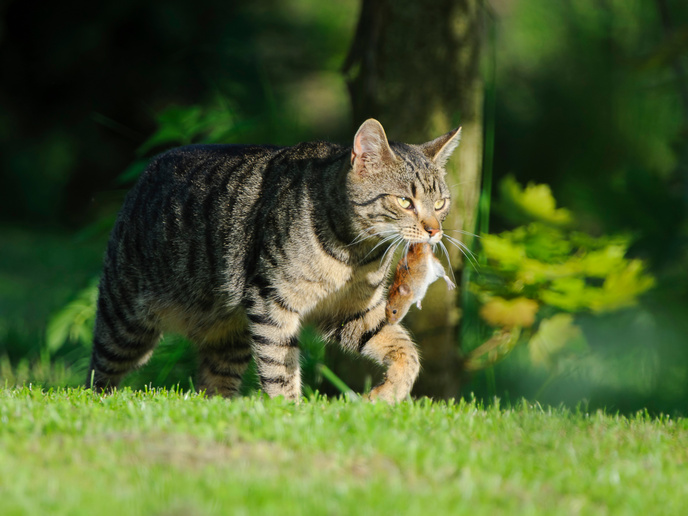Evolution of Indo-Pacific rats
The last 25 million years has seen an explosive diversification in Indo-Pacific rat appearance. There is a wide set of morphologies possibly linked to ecological niche and therefore come under the umbrella of adaptive radiation. Interestingly, there is also a non-adaptive and narrow range of differences probably not linked to the changing environment. Using the extensive rat data sets, the CANARIP-RAT (Contrasting adaptive and non-adaptive radiations in Indo-Pacific 'rats': testing alternative evolutionary models for a hyperdiverse region) project has generated a new biological model to contrast adaptive and non-adaptive radiation theories. Next-generation sequencing has unearthed new DNA sequences and a complete molecular phylogeny at genus level is available. The researchers also built a morphological database for 95 % of the diversity in rats. Analysis has already started during which exceptional diversification – both uncharacteristic of and peculiar to – Indo-Pacific rodent lineages was explored. A focus on conceptual development will precede the final conclusions. CANARIP-RAT will also link community ecology, the study of co-existing species interrelationships, with adaptive and non-adaptive radiation theory. Collaborations with universities in Europe and the United States have formed a useful research network.







